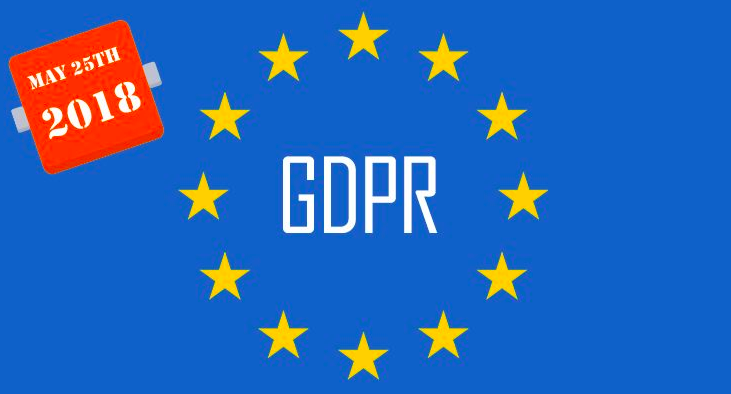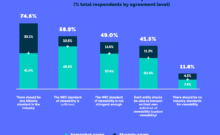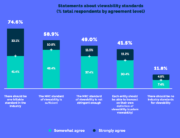GDPR Opens A New, Better Chapter For Digital Marketing
The single most significant regulation in the history of digital advertising, the General Data Protection Regulation (GDPR), comes into force next week.
While often portrayed as a burden for digital advertising, GDPR will in fact be the catalyst for a new era of quality and clarity in the ecosystem. For too long digital has been the “wild west” of the advertising industry, but GDPR’s potential penalties will lead publishers to carefully scrutinise the quality of their partners. This will inevitably lead to consolidation around the industry’s most responsible providers, as publishers refuse to place their fate in businesses they don’t trust. For the first time, trust, quality and clarity in the digital advertising ecosystem will be non-negotiable.
The digital ecosystem as we know it
Programmatic advertising brought huge benefits to digital when introduced almost a decade ago. The technology enabled advertisers to precisely target audiences efficiently and at scale, while also delivering relevant, personalised messaging that enhances the user experience for consumers.
But programmatic has also spawned an unwieldy and incomprehensible ecosystem where bad actors can thrive and issues around quality, ad fraud, and brand safety have proliferated. A recent CMO Council survey revealed that almost three-quarters of marketers are concerned about brand integrity and control in programmatic.
In addition, some low-quality exchanges have begun a price war, competing on an impression-by-impression basis to maximise publisher yield, rather than working toward mutually beneficial long-term partnerships. And as a standoff continues to develop within the crowded exchange space, an undisciplined “free for all” environment persists.
A GDPR inspired clean-up begins
The enforcement of the GDPR will transform the ecosystem’s approach to consumer data — the lifeblood of programmatic advertising. It will regulate the collection, storage and processing of data, issuing fines of up to €20,000,000 or 4% of a company’s worldwide revenue — whichever is greatest — for serious infringements.
Read More at The Original Article: www.mediapost.com









